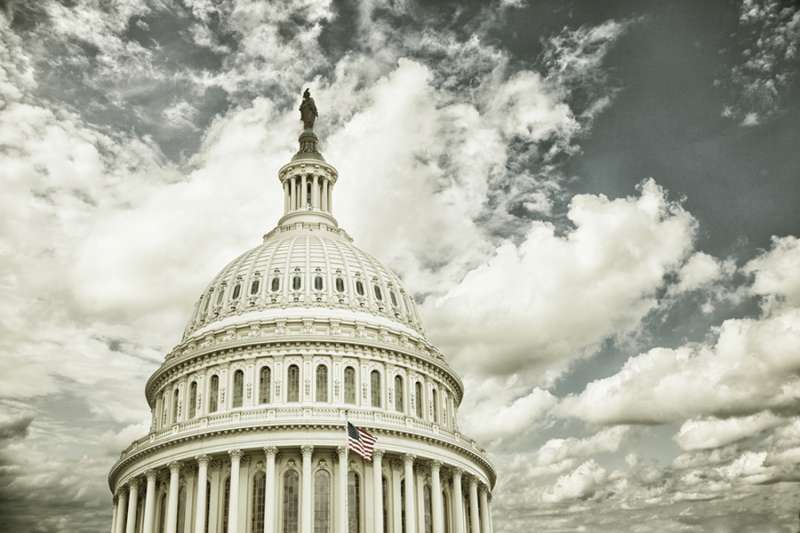Senate confirmation hearings for Judge Brett Kavanaugh began Tuesday. Before Kavanaugh could utter a word, Senate Democrats repeatedly interrupted the proceedings and attempted to delay the hearing, and multiple protestors were escorted from the room.
While the Senate Judiciary Committee hearing began at 9:30 a.m. Sept. 4, opening statements did not begin for more than an hour. Senate Democrats said that they had not been given enough time to review the thousands of documents released on Monday by the White House, and that the hearing should therefore be moved to another date. Senate Democrats also argued that they did not have access to documents from Kavanaugh’s time working for President George W. Bush.
Those files were not released as the White House claimed executive privilege.
Sen. Cory Booker (D-NJ) told Judiciary Committee Chairman Chuck Grassley (R-Iowa) that refusing to move the hearing violated the Iowa senator’s “sense of fairness, decency, and the commitment [he] made to transparency.”
Grassley said that on the contrary, this was the “most open” production in U.S. history, and that he had gone through 15 previous Supreme Court nomination processes without this kind of scene occurring.
Senate Democrats were not the only ones attempting to disrupt or move the hearing. The Women’s March, as well as Code Pink, took credit for several vocal protests that repeatedly interrupted the hearings, and multiple people were removed from the hearing room. Kavanaugh’s two young daughters were escorted out of the room after protests turned heated.
In an emailed statement, Rachel O’Leary Carmona, chief operating officer of the Women’s March, said that the reason people were disrupting Tuesday’s hearing because their “lives are at risk” and that “women will die if Kavanaugh is confirmed.”
O’Leary Carmona also said that politicians who refuse to stop Kavanaugh will be made to “pay” this November and in 2020, saying, “if you’re a Democrat, we’ll primary you - if you’re a Republican, your seat will be flipped.”
There is significant concern among abortion-rights proponents that Kavanaugh would work to overturn the Roe v. Wade decision which legalized abortion throughout the United States. Kavanaugh has said he believes Roe to be “settled law.”
Prior to being nominated to fill the vacancy created by the retirement of Supreme Court Justice Anthony Kennedy, Kavanaugh served on the DC Circuit Court of Appeals since 2006. Before that, he was a secretary in the George W. Bush administration and was a clerk for Justice Kennedy.
In prepared remarks, Kavanaugh described himself as a “team player” who would work alongside others on the “team of nine.”
“A good judge must be an umpire—a neutral and impartial arbiter who favors no litigant or policy,” said Kavanaugh.
“I don’t decide cases based on personal or policy preferences. I am not a pro-plaintiff or pro-defendant judge. I am not a pro-prosecution or pro-defense judge. I am a pro-law judge.”

